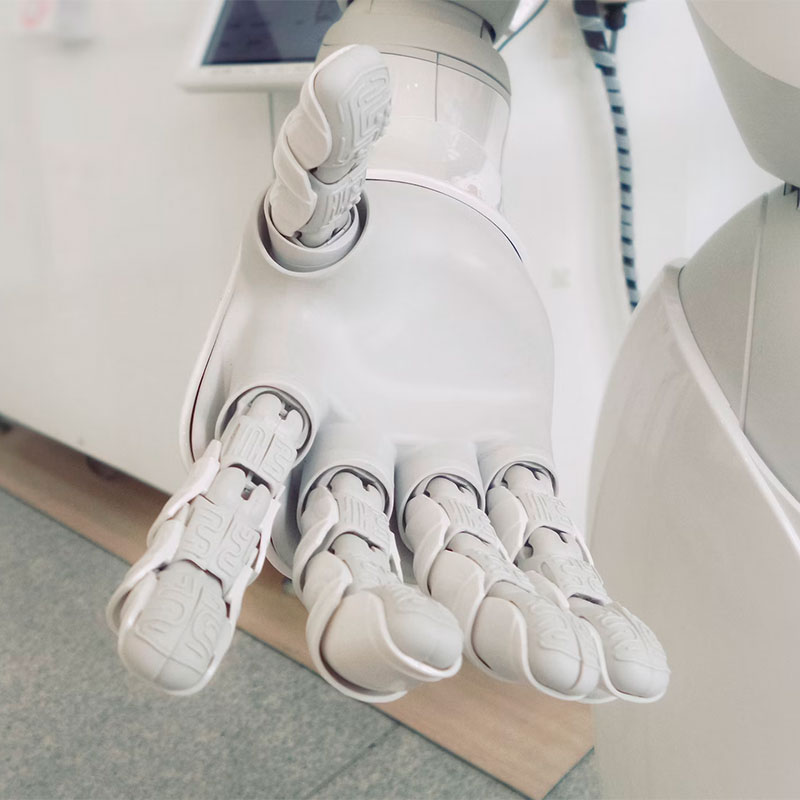
The growing presence of Artificial Intelligence (AI) is not only transforming our daily lives but also shaping our psychological well-being. A recent article titled “The Psychological Impact of Artificial Intelligence” delves into how AI is affecting our minds and emotions.
The article, published in Psychology Today, highlights the significance of AI’s integration into various aspects of our lives and how it’s changing the way we think and feel. As AI-driven technologies become more advanced, they have the potential to influence our cognitive processes and emotional experiences in both positive and challenging ways.
One key point raised in the article is the concept of human-AI interaction. With the increasing role of AI in tasks that traditionally required human involvement, individuals are navigating a new dynamic of collaboration with machines. This shift can evoke feelings of uncertainty and competition, leading to psychological impacts such as anxiety and self-doubt. TrueBird acknowledges this uncertainty and starts with the foundations of supporting the human, asking, “How can we improve this process or task for a human?”
Furthermore, the article delves into the issue of privacy and data security in the age of AI. The vast amount of personal data being collected and analyzed by AI systems can trigger concerns about privacy invasion and unauthorized access to sensitive information. This, in turn, can lead to heightened stress and a sense of vulnerability among individuals. Again, TrueBird understands what is needed to gather, govern and use data in the AI era, methods and procedures that are vastly different to how data has been used previously.
In conclusion, the integration of AI into our lives is bringing about complex psychological effects. As AI continues to evolve, businesses (and society) must address these psychological aspects to ensure a harmonious coexistence between humans and intelligent machines.

